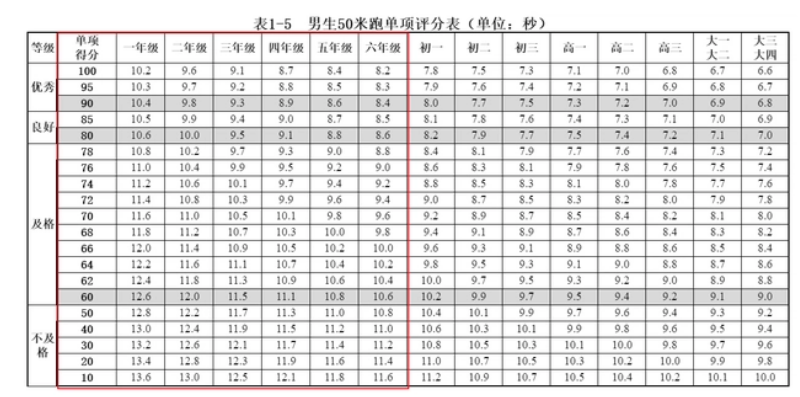
概述
英国有2%的人口有某种程度的智力残疾。这种与众不同的疾病有多种原因,在一些具有高风险家庭中的复发。
研究人员开始使用新的技术平台,为受影响的病人精确诊断的新的临床试验,其残疾的原因。他们的研究结果迅速转化为更好的诊断技术。
针对确切的遗传的罕见疾病的群体原因,我们已经揭开新的化学途径,我们希望的身体的细胞会导致更有效的治疗。
研究人员还开发适应验证的方法,对罕见疾病的管理指引。现在这些准则都适用于专业人员和患者。
问题
歌舞伎综合征(KS)是一种罕见但严重的障碍,10,000名儿童中约有1名受影响。健康问题,包括心脏缺陷和兔唇,以及中度或重度的学习障碍。
其根本原因是未知的,因为除了遗传专家,几个医生的诊断或照顾这些儿童的的经验以外,没有更多的数据供人研究。
许多受影响的孩子们经过广泛调查和入院前诊断。他们的父母感到孤立和受影响的孩子提供适当的照顾和关心其他家庭成员的风险。
成果
我们的研究人员进行了研究,涉及100多个KS患者。
首先,堪萨斯州负责患者的染色体进行了检查,以确定是否染色体物质的缺失或重复。当没有检测到的线索时,我们审查了个人的“候选 “基因。最终在西雅图同事的协作与工作下通过使用下一代测序技术确定了一个可能的致病基因:MLL2。
除了这一点,我们还进行了翻译研究,优化,简化和质量保证进入NHS推出一个诊断测试。这已经被英国基因检测网络产品组合接受。
研究人员得到受影响的儿童的家庭的支持,开始了研究方案,以精确的歌舞伎综合征的根本原因。
也已经成立一个专家小组,研究出版的文献,并制定管理指引,以协助的患者进行护理。
研究也侧重于KS的患者的医疗需求。
KS的管理指引,已开发和传播遗传中心在英国和欧洲,使他们可以给初诊的家庭,他们的儿科医生和初级保健医生,以确保适当的照顾。
较短的版本也已纳入病人持有的记录,让家长了解自己孩子的医疗条件和需要的教育和社会医疗机构。
目标
已获得下列标识的MLL2基因进入发病机制的新的见解,自堪萨斯州是多个畸形/智力残疾综合征之一。
这是由于DNA是如何折叠和调节基因的表达如何控制有关的基因突变。
这项工作正在继续,并正在研究特定的突变,并在堪萨斯州个别患者的问题之间的联系。
原文阅读
Research investigating chromosome deletion in Kabuki syndrome, an intellectual handicap
Overview
Around two per cent of the UK population have some degree of intellectual disability. The different disorders have a variety of causes and some have a high risk of recurrence in families.
Our researchers have initiated new clinical trials using our new technology platforms for precise diagnosis for affected patients, of the causes of their disabilities. Their findings have been rapidly translated into improved diagnostic techniques in the NHS service. By pinpointing the exact genetic causes of groups of rare disorders we have unravelled new chemical pathways in the cells of the body which we hope will lead to more effective treatments.
Researchers have also instigated a programme to develop management guidelines for rare diseases by adapting validated methodologies. These guidelines are now available for professionals and patients.
Problem
Kabuki syndrome (KS) is a rare but serious disorder that affects around 1 in 10,000 children. As well as moderate or severe learning disability, health problems include heart defects and cleft palates. The underlying cause was not known and, apart from genetic specialists, few doctors had experience of diagnosis or caring for such children. Many affected children had to undergo extensive investigations and hospital admissions before a diagnosis was made. Their parents felt isolated and concerned about appropriate care for the affected child and about risks to other family members.
What we have achieved to date
Our researchers conducted a study involving over one hundred KS patients. Firstly patients’ chromosomes were examined to determine if deletions or duplications of chromosome material were responsible for KS. When no clues were detected we examined individual ‘candidate’ genes. Ultimately collaborative work with colleagues in Seattle identified MLL2 as a likely causative gene through using the next generation sequencing technique. Alongside this we undertook a translational research study to optimise, streamline and quality assure a diagnostic test to be introduced into the NHS. This has now been accepted onto the UK Genetic Testing Network Portfolio
Our researchers, with support from families with affected children, began a programme of research to pinpoint the underlying cause of Kabuki Syndrome. An expert group has also been set up to examine the published literature and devise management guidelines to help in the ongoing care of sufferers.
Our research also focuses on the medical needs of KS patients. Guideline for management of KS have been developed and disseminated to genetic centres in the UK and Europe so that they can be given to newly diagnosed families, their paediatricians and primary care physicians to ensure appropriate care. Shorter versions have also been incorporated into patient-held records to allow parents to inform education and social care agencies about their child’s medical condition and needs.
What we aim to achieve
Following identification of the MLL2 gene new insights into pathogenesis have been gained since KS is one of a number of multiple malformation/intellectual disability syndromes. This is due to mutations of genes involved in controlling how DNA is folded and how expression of genes is regulated. This work is continuing and the link between specific mutations and the problems in individual KS patients are being studied.
(责任编辑:赖静妮)
标签:歌舞伎















